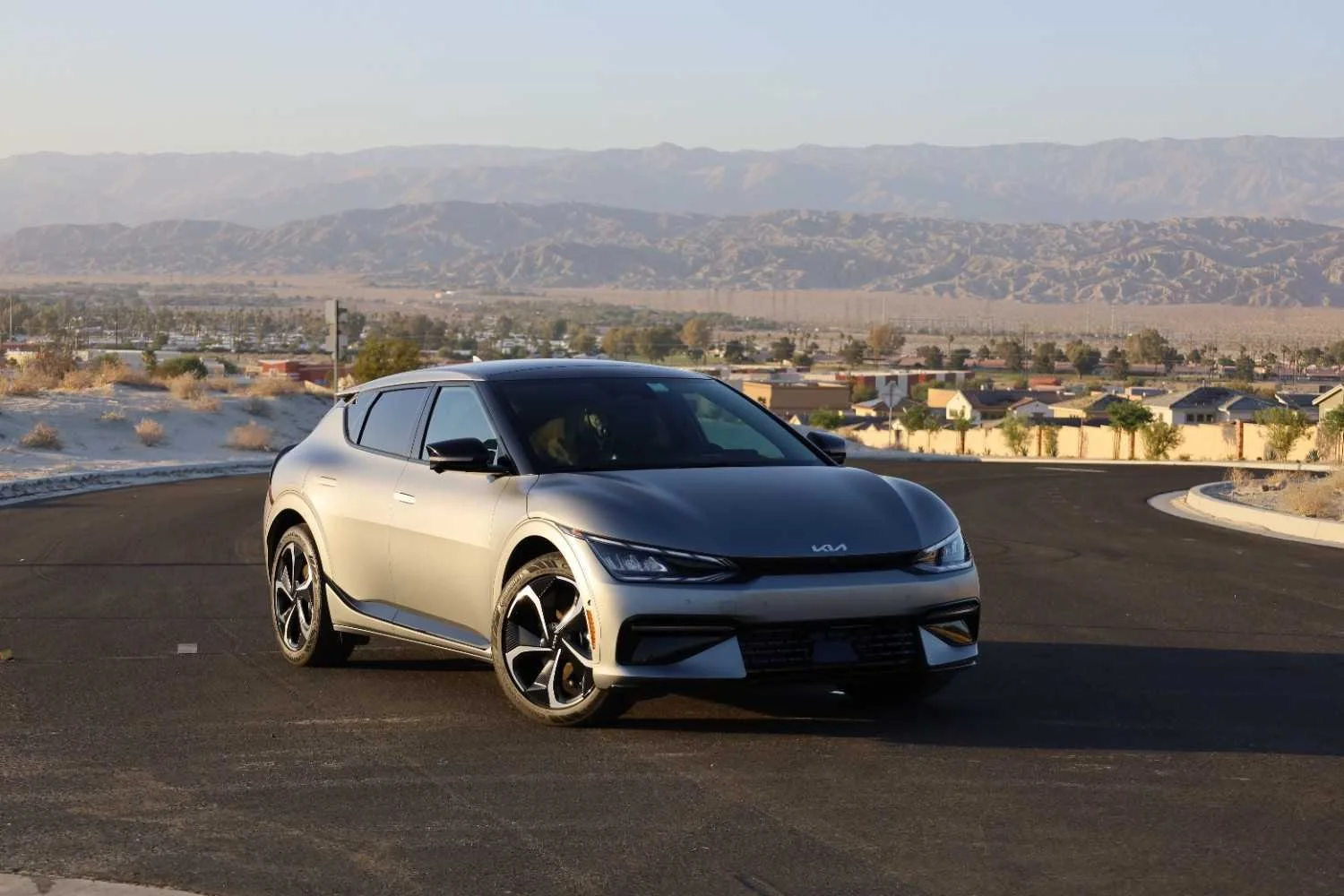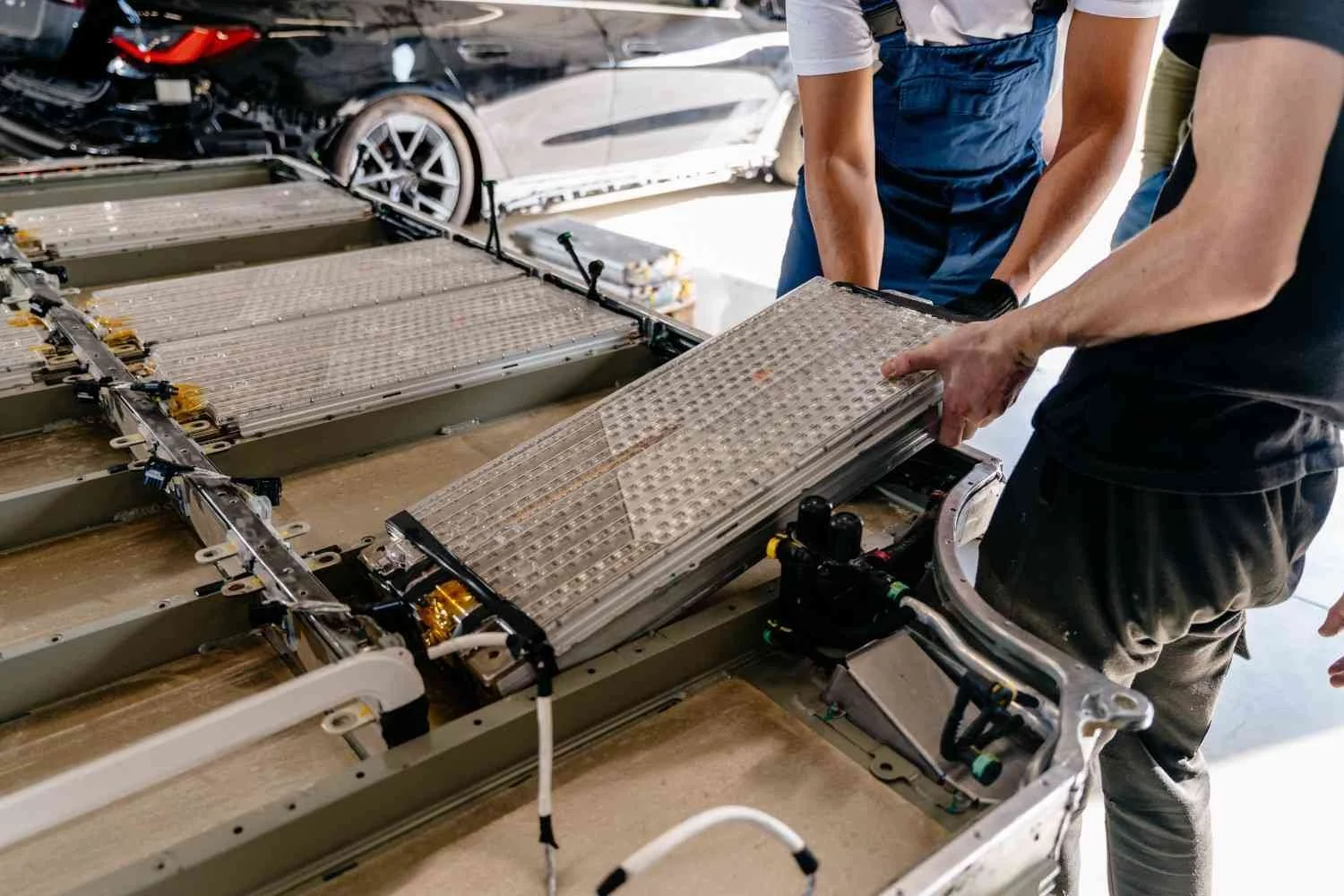Chinese EVs Not Eligible for UK Electric Car Grant: What This Means for BYD, Omoda, and Jaecoo Buyers
Source: Omoda Press
The UK government's new Electric Car Grant has created a clear divide in the electric vehicle market, with Chinese-made EVs expected to be excluded from the £3,750 subsidy scheme. However, Chinese manufacturers aren't sitting idle – they're fighting back with their own competitive discount programmes to ensure UK drivers can still access affordable electric vehicles.
What Is the Electric Car Grant?
Launched on 16 July 2025, the Electric Car Grant offers discounts of up to £3,750 on new electric vehicles priced under £37,000, with a second tier providing £1,500 savings. The scheme is backed by £650 million in government funding and runs until the 2028-29 financial year.
To qualify for the grants, manufacturers must hold verified Science Based Targets for emissions reduction, and vehicles are scored based on the carbon intensity of their assembly locations and battery production facilities. The grant aims to reduce the cost gap between electric and petrol vehicles while incentivising sustainable manufacturing practices.
Grant Eligibility Criteria
The grants are split into two bands: Band 1 offers the full £3,750 discount for the most sustainably produced cars, while Band 2 provides £1,500 for vehicles meeting basic environmental criteria. The environmental scoring heavily weights battery cell manufacturing location (70%) over vehicle assembly (30%).
Why Chinese EVs Won't Qualify
Transport Minister Lilian Greenwood confirmed that Chinese-assembled vehicles are not expected to qualify for the grant, stating that manufacturers generating electricity through coal power stations won't access the scheme. The scoring system penalises countries with carbon-intensive energy grids, including China, Korea, and Japan.
This environmental focus means popular Chinese electric cars like the BYD Dolphin, MG4, and even UK-favourite MINI Electric (which is built in China) would only qualify for the base £1,500 level at most.
Beijing has issued a stern warning to the UK government, with a Chinese embassy spokesman saying China would "resolutely safeguard the legitimate rights and interests of Chinese companies".
Chinese Manufacturers Fight Back with Alternative Discounts
Rather than waiting for the government grant process, several Chinese electric car brands have launched their own discount schemes to maintain competitiveness in the UK market.
BYD's Response
BYD has informed the Department for Transport of its intention to apply for the Electric Car Grant scheme and looks forward to being "part of it". While specific discount details haven't been announced, BYD continues to offer competitive pricing on models like the Seal and Dolphin.
MG Motor UK Discounts
MG has confirmed a £1,500 grant for private buyers of its MG4 EV and MG5, available now rather than waiting for government approval. This immediate discount ensures MG customers don't miss out while the official grant scheme develops.
Omoda and Jaecoo Strategies
While Omoda and Jaecoo (both owned by Chinese manufacturer Chery International) declined to comment specifically on grant eligibility, both brands are maintaining competitive pricing strategies in the UK market.
The Omoda 5 and electric E5 variant continue to offer strong value propositions, with comprehensive warranty packages and charging incentives. Current Omoda E5 buyers receive £900 Electroverse charging credit and discounted home charger installation.
Leapmotor and GWM Lead the Charge
Leapmotor was first to announce its own "Leap Grant" offering savings of up to £3,750, with £1,500 off the T03 (from £15,995) and £3,750 off the C10 (from £36,500).
GWM followed with a £3,750 discount on its ORA 03 range, stating "we don't believe our customers should have to wait for the government to decide which vehicles qualify". With the discount applied, the ORA 03 PURE starts from £21,245.
How This Impacts UK Electric Car Buyers
The exclusion of Chinese EVs from government grants creates a two-tier market, but manufacturers' own discount schemes help level the playing field. For UK drivers, this means:
Immediate Benefits: Chinese brands' own grants are available now, without waiting for government approval processes.
Maintained Affordability: Discount levels match or approach government grant amounts, keeping these vehicles accessible.
Market Competition: The situation encourages all manufacturers to maintain competitive pricing.
The Role of Salary Sacrifice in EV Affordability
While grant eligibility varies, electric car salary sacrifice schemes remain the most effective way to access substantial EV savings. Through The Electric Car Scheme, employees can save 20-50% on both eligible and non-eligible electric vehicles.
With the current 3% Benefit-in-Kind rate for 2025/26, salary sacrifice electric car arrangements provide consistent savings regardless of manufacturer grant eligibility. This makes premium electric vehicles significantly more affordable through pre-tax salary deductions.
Combining Grants with Salary Sacrifice
For vehicles that do qualify for government grants, combining these discounts with salary sacrifice creates unprecedented affordability. Even for Chinese EVs using manufacturer discounts, salary sacrifice schemes amplify savings potential.
Companies offering electric car salary sacrifice provide employees access to the latest electric vehicles while supporting corporate sustainability goals, regardless of grant eligibility.
What This Means for the EV Market
The grant exclusion situation highlights the UK government's focus on sustainable manufacturing practices, but it also demonstrates the resilience of Chinese manufacturers in maintaining market position. Similar to France's scheme which excludes Chinese brands and Western brands' EVs built in China, the UK's approach prioritises domestic and European manufacturing.
However, the rapid response from Chinese manufacturers with alternative discount schemes shows their commitment to the UK market. For consumers, this competition benefits affordability across all electric vehicle segments.
Looking Ahead
The SMMT expects two-thirds of electric cars costing under £37,000 will qualify for government grants, but manufacturer-led discount schemes ensure broader market accessibility. As the official Electric Car Grant list develops through August 2025, Chinese manufacturers continue proving that competitive pricing doesn't require government subsidy.
For UK drivers considering electric vehicles, the combination of manufacturer discounts and salary sacrifice schemes provides multiple pathways to EV affordability, ensuring the transition to cleaner transport remains accessible regardless of grant eligibility.
The story continues to evolve, but one thing is clear: whether through government grants or manufacturer initiatives, electric vehicles are becoming more affordable for UK drivers than ever before.
Are you an employer?
BOOK A DEMOAre you an employee?
SEE AVAILABLE CARSYou might also like…
Last updated: 21/07/2025
Our pricing is based on data collected from The Electric Car Scheme quote tool. All final pricing is inclusive of VAT. All prices above are based on the following lease terms; 10,000 miles pa, 36 months, and are inclusive of Maintenance and Breakdown Cover. The Electric Car Scheme’s terms and conditions apply. All deals are subject to credit approval and availability. All deals are subject to excess mileage and damage charges. Prices are calculated based on the following tax saving assumptions; England & Wales, 40% tax rate. The above prices were calculated using a flat payment profile. The Electric Car Scheme Limited provides services for the administration of your salary sacrifice employee benefits. The Electric Car Scheme Holdings Limited is a member of the BVRLA (10608), is authorised and regulated by the FCA under FRN 968270, is an Appointed Representative of Marshall Management Services Ltd under FRN 667174, and is a credit broker and not a lender or insurance provider.
Copyright and Image Usage: All images used on this website are either licensed for commercial use or used with express permission from the copyright holders, in compliance with UK and EU copyright law. We are committed to respecting intellectual property rights and maintaining full compliance with applicable regulations. If you have any questions or concerns regarding image usage or copyright matters, please contact us at marketing@electriccarscheme.com and we will address them promptly.




